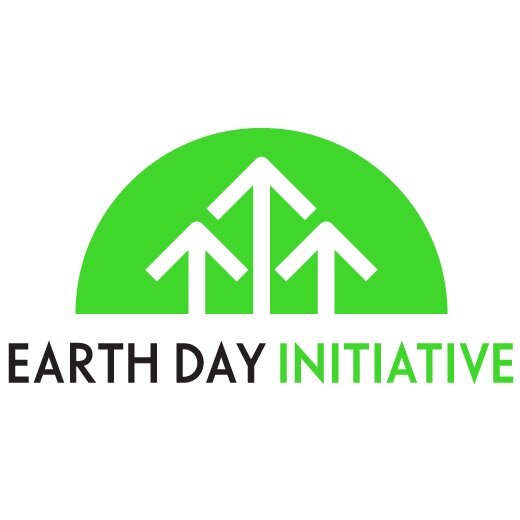Seaweed has become a trending snack for humans. Is it now a necessary snack for cows?
This article, by Rebecca Rupp from National Geographic's "The Plate," reviews new findings that adding algae to livestock feed could reduce the amount of methane these animals release. Cows (as well as sheep, goats, deer, and a handful of other mammals with ruminant biology) have a four-chambered stomach, and must ferment their food in order to fully digest it. Because of that fermentation, cows release methane on a daily basis; so much so, that livestock cause more anthropogenic greenhouse gas emissions than transportation exhaust.
The obvious solution to this dilemma is to cut back on livestock production, but this is much easier said than done. Although plant-based diets have become more and more popular, only about 3% of the American population are committed vegetarians and vegans. It would take a dramatic upheaval in consumer demand, as well as a certain level of political intervention, to significantly decrease the number of CAFOs in America.
With this in mind, scientists in Australia have turned to the unique chemical properties of algae to disrupt methane production within the cow itself. After experimenting with a number of different seaweed species in artificial cow stomachs, it was found that Asparagopsis taxiformis cut methane production by about 99%.
Seaweed farming, when done properly, can be quite sustainable. Seaweed is hardy and grows much faster than conventional crops; it filters organic pollutants, acts as a carbon sink, and does not require fertilizer or even land.
However, as mentioned in Rupp's piece, seaweed farming is nowhere near ready to take on the task of feeding the world's livestock population:
“Scientists calculate that it would take some 6,000 hectares (about 15,000 acres) of seaweed farms to supply a mere 10 percent of Australia’s 29 million cattle; to supply America’s 92 million would take over thirty times more.”
Seaweed farming may be sustainable at a small scale, but there is no telling if it will remain sustainable once the industry is expanded. With all of these moving parts to consider, we are very interested to see how this discovery develops over the next few years.
